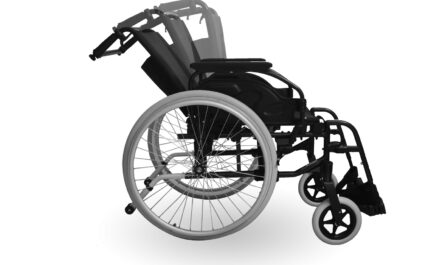A recent study published in Frontiers in Cellular and Infection Microbiology has found that intermittent energy restriction (IER) diets, which involve alternating between fasting and normal eating, can significantly impact the gut microbiome and brain activity. The research, conducted by a team of Chinese scientists, sheds light on the complex interactions between the body’s systems that contribute to weight loss.
Obesity is a global epidemic, affecting over one billion people worldwide. It is a major risk factor for various health conditions, including cardiovascular disease, diabetes, and certain cancers. However, losing weight and maintaining it in the long term is a challenge due to the intricate relationship between gut physiology, hormones, and the brain.
The study involved 25 obese Chinese men and women who followed an IER diet for a period of time. The participants, aged between 27 and 45, had an average BMI between 28 and 45. Metagenomics was used to analyze stool samples and measure changes in the gut microbiome, while functional magnetic resonance imaging (fMRI) was used to assess brain activity.
The gut microbiome, which plays a crucial role in energy homeostasis and weight regulation, was observed to have an altered composition following the IER diet. Researchers noted increases in the abundance of bacteria such as Faecalibacterium prausnitzii, Parabacteroides distasonis, and Bacterokles uniformis, as well as a decrease in Escherichia coli.
The study also found that brain regions responsible for regulating appetite and addiction showed decreased activity after the IER diet. Additionally, certain bacteria within the gut microbiome were associated with specific brain regions linked to attention, motor inhibition, emotion, and learning. For example, the abundance of bacteria P. distasonis and Flavonifractor plautii was positively correlated with activity in these brain regions.
The results highlight the bidirectional communication between the gut microbiome and the brain. The microbiome produces neurotransmitters and neurotoxins that can influence brain function, while the brain controls eating behavior. Furthermore, the composition of the gut microbiome can be altered by nutrients from the diet.
The study’s authors acknowledge that the study’s correlational nature prevents them from determining the exact causality between the gut microbiome and brain activity during weight loss. However, the findings suggest that these changes are interconnected and could potentially influence each other.
Moving forward, the researchers plan to further investigate the mechanisms behind the communication between the gut microbiome and the brain in obese individuals, particularly during weight loss. They hope to identify specific gut microbiome compositions and brain regions that are critical for successful weight loss and the maintenance of a healthy weight.
Understanding the complex interplay between the gut microbiome, brain activity, and weight loss could pave the way for more effective and personalized weight management strategies in the future. With obesity rates continuing to rise globally, finding innovative solutions to tackle this public health issue is of utmost importance.
Note:
1. Source: Coherent Market Insights, Public sources, Desk research
2. We have leveraged AI tools to mine information and compile it



